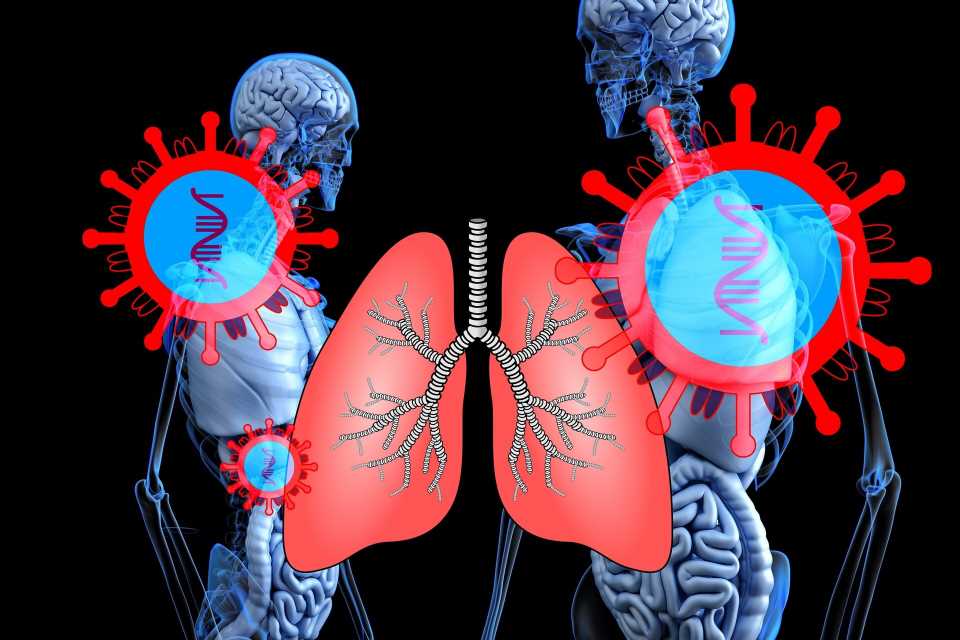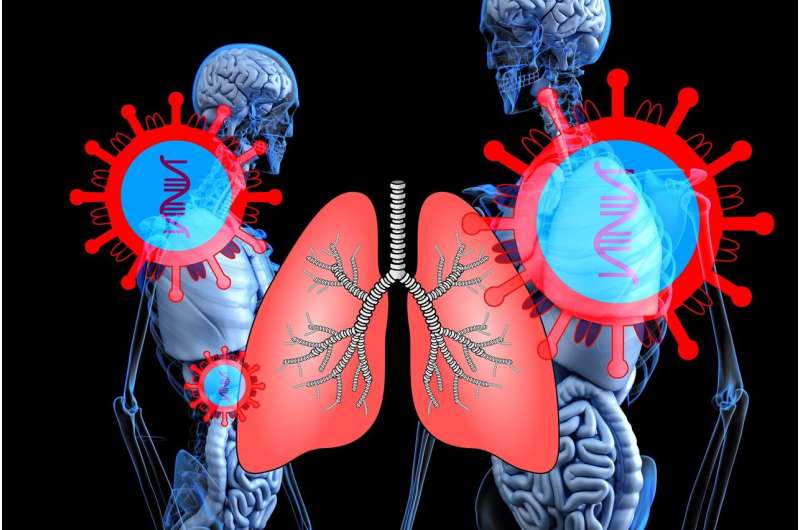

Younger patients with lung cancer are significantly more likely than older patients to be diagnosed with later stages of disease, illustrating the need to develop strategies to increase the early detection of lung cancer among younger patients who are currently ineligible for lung cancer screening. The research was presented today at the IASLC World Conference on Lung Cancer 2022 in Vienna, Austria.
Lung cancer screening guidelines in the U.S. are established to screen high-risk adults over age 50, rendering younger adults ineligible for screening and potentially leading to large disparities in the stage of lung cancer diagnosed between younger and older patients. During the last decade, patients over age 50 experienced a significant shift to earlier stages of disease identified, likely due to the onset of lung cancer screening in the U.S. In contrast, there have been minimal improvements in the early diagnosis of young patients with lung cancer.
To explore this issue, Ms. Alexandra Potter, Massachusetts General Hospital in Boston and colleagues examined data from patients aged 20-79 in the United States Cancer Statistics database and National Cancer Database (NCDB) diagnosed with non-small-cell lung cancer.
Ms. Potter’s research team found that from 2010-2018, there were an estimated 1,328, 5,682, and 39,323 lung cancer cases diagnosed among individuals aged 20-29, 30-39, and 40-49 in the United States, respectively. Over 75% of patients aged 20-29 were diagnosed with stage IV disease compared to only 40% of patients aged 70-79. The percentage of lung cancers diagnosed at stage IV among younger patients under age 50 years did not change from 2010 vs. 2018, while the percentage of lung cancers diagnosed at stage IV among patients > 50 years significantly decreased during this time period. The researchers observed a shift towards earlier stages of disease among patients aged 50-59, 60-69, and 70-79, while no stage shift was observed among patients aged 20-29, 30-39, or 40-49.
“In this national analysis, we found that younger patients with lung cancer are significantly more likely than older patients to be diagnosed with later stages of disease,” said Ms. Potter. These findings illustrate the need to develop strategies to increase the early detection of lung cancer among younger patients who are currently ineligible for lung cancer screening.”
Source: Read Full Article